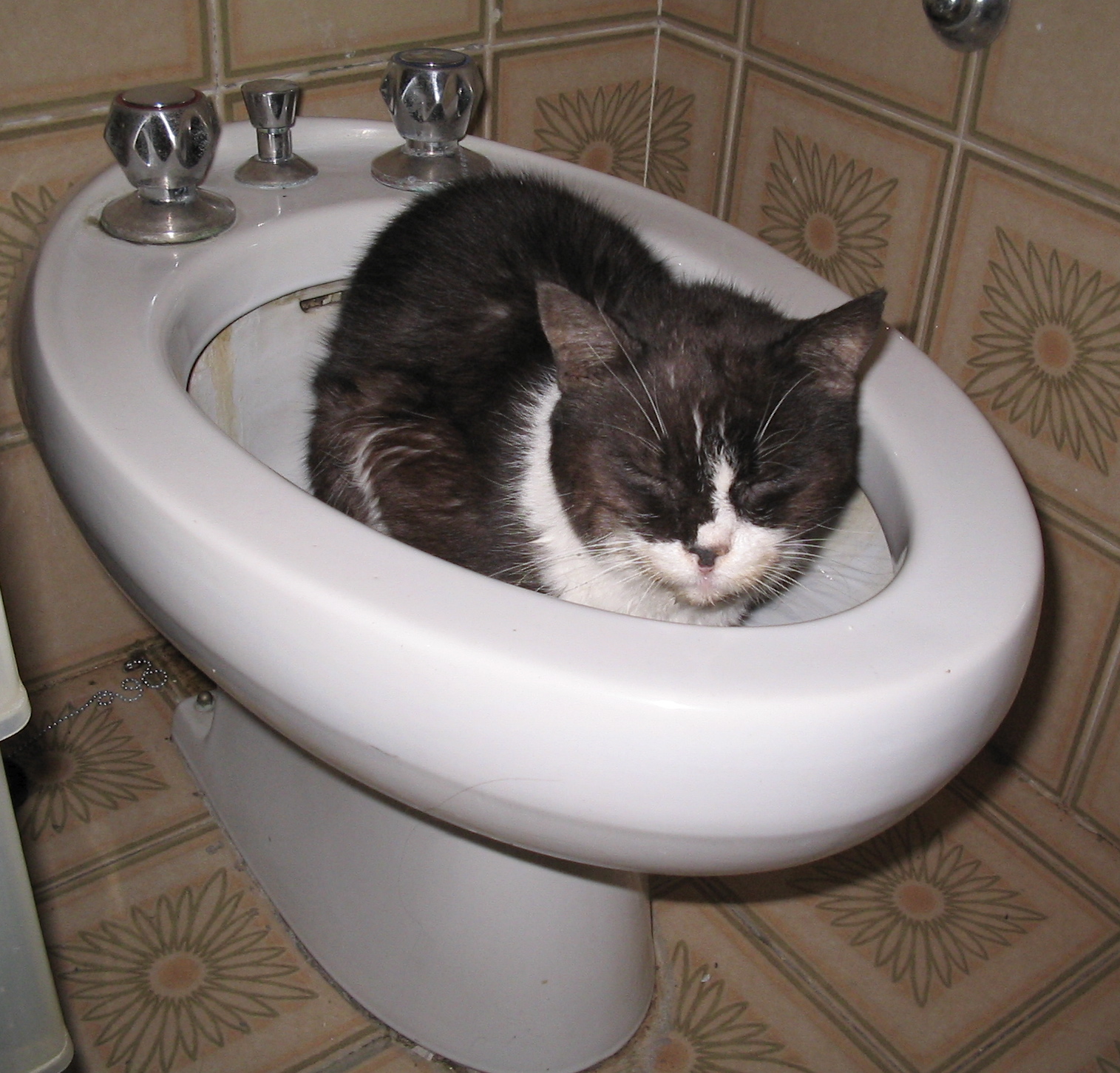

Between 2012 and 2014, 160 people became infected by Salmonella Cotham, a rare strain of bacteria that causes vomiting, diarrhea, and fever. Sixty-one people were hospitalized. The culprit? Bearded dragon lizards bought from pet stores across 36 states. Salmonella is relatively common on reptile skin, and it’s likely this rare strain accidentally spread from lizard to lizard by the breeders who supplied the animals to the pet stores.
But according to a review in the Canadian Medical Association Journal, it’s not just exotic pets that can make people sick.
“Every pet is carrying something that can be transmitted to people, and every person is at risk of infection,” Jason Stull, a veterinarian and co-author on the study, tells Popular Science. Although pathogens from pets have been known to infect perfectly healthy people, these infections are more common and more severe in people with weakened immune systems, such as children, cancer patients, pregnant women, and elderly folks.
Unfortunately, doctors and patients are largely unaware of the risks that pets can present. “Physicians do not regularly ask about pet contact, nor do they discuss the risks of zoonotic diseases with patients, regardless of the patient’s immune status,” write the authors of the CMAJ study.
The Centers for Disease Control and Prevention keeps a running list of outbreaks caused by pets and pet products, but most cases of pet-associated infections likely go unreported, the authors note. They suggest that working more closely with veterinarians could help doctors recognize when a pet is causing a patient’s health problems, and pinpoint how to prevent infection.
Some species have higher risks than others, says Stull, including baby chicks, hedgehogs, reptiles, and rodents. People whose immune systems are compromised–for example, due to chemotherapy, HIV, or immunosuppressants–should talk to their doctor before getting one of these pets.
If you already own a pet, there are lots of things you can do to reduce your risk of getting a nasty bug from Fluffy or Mr. Whiskers:
- Wash your hands after touching your pet.
- Wear gloves when you’re cleaning up after it.
- Wash bites and scratches immediately.
- Keep your cats indoors, and don’t let your dog eat garbage or drink from the toilet.
- Keeping your pet healthy will help keep you safe, too.
Check out the gallery below to read about gross pet-borne infections, which can range in severity from mild to (in very rare cases) deadly.








